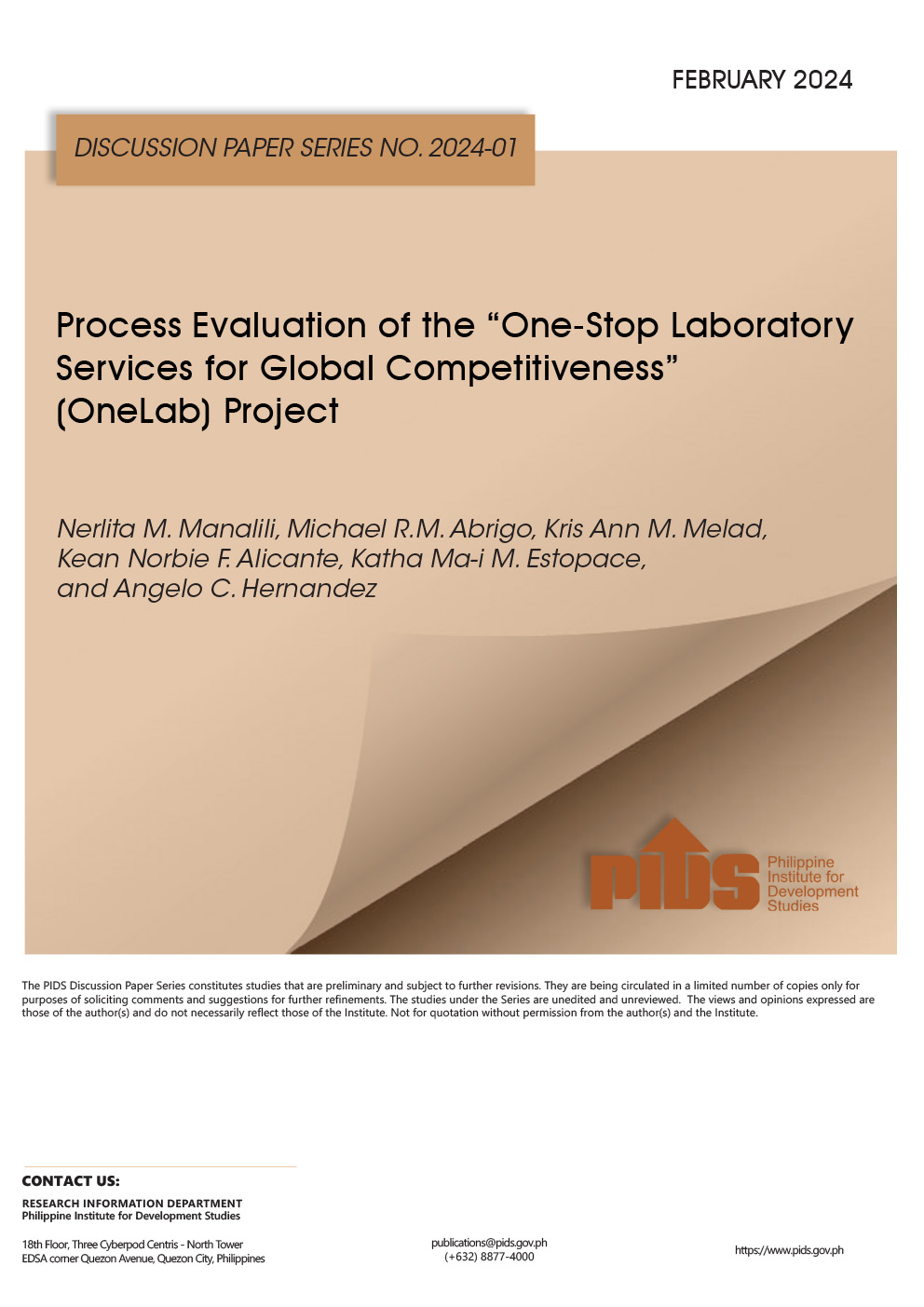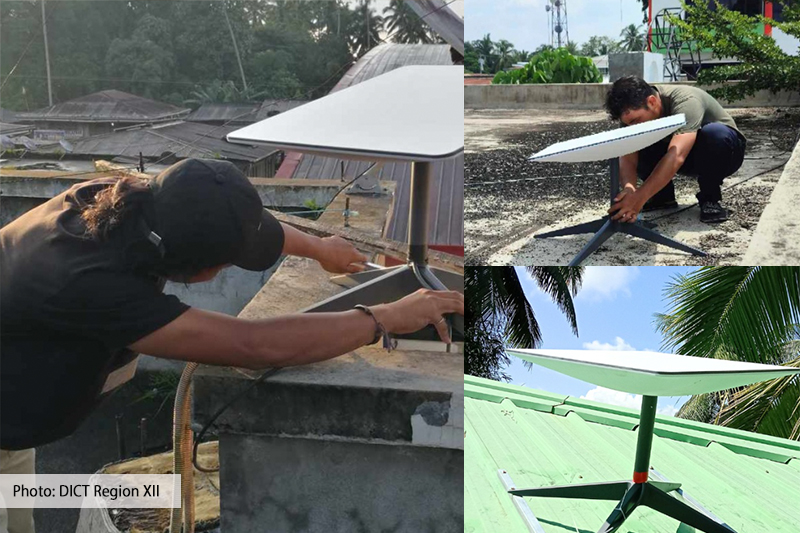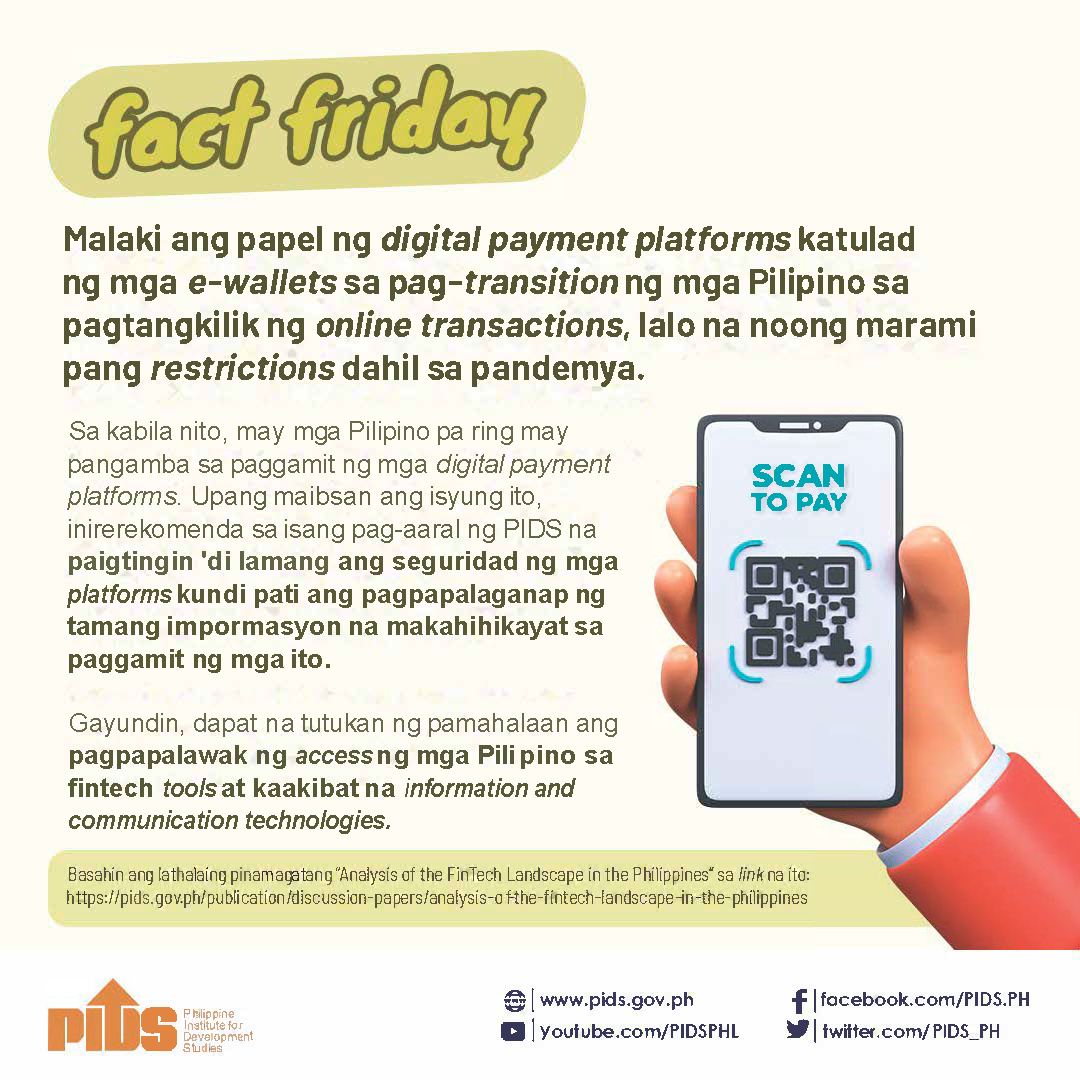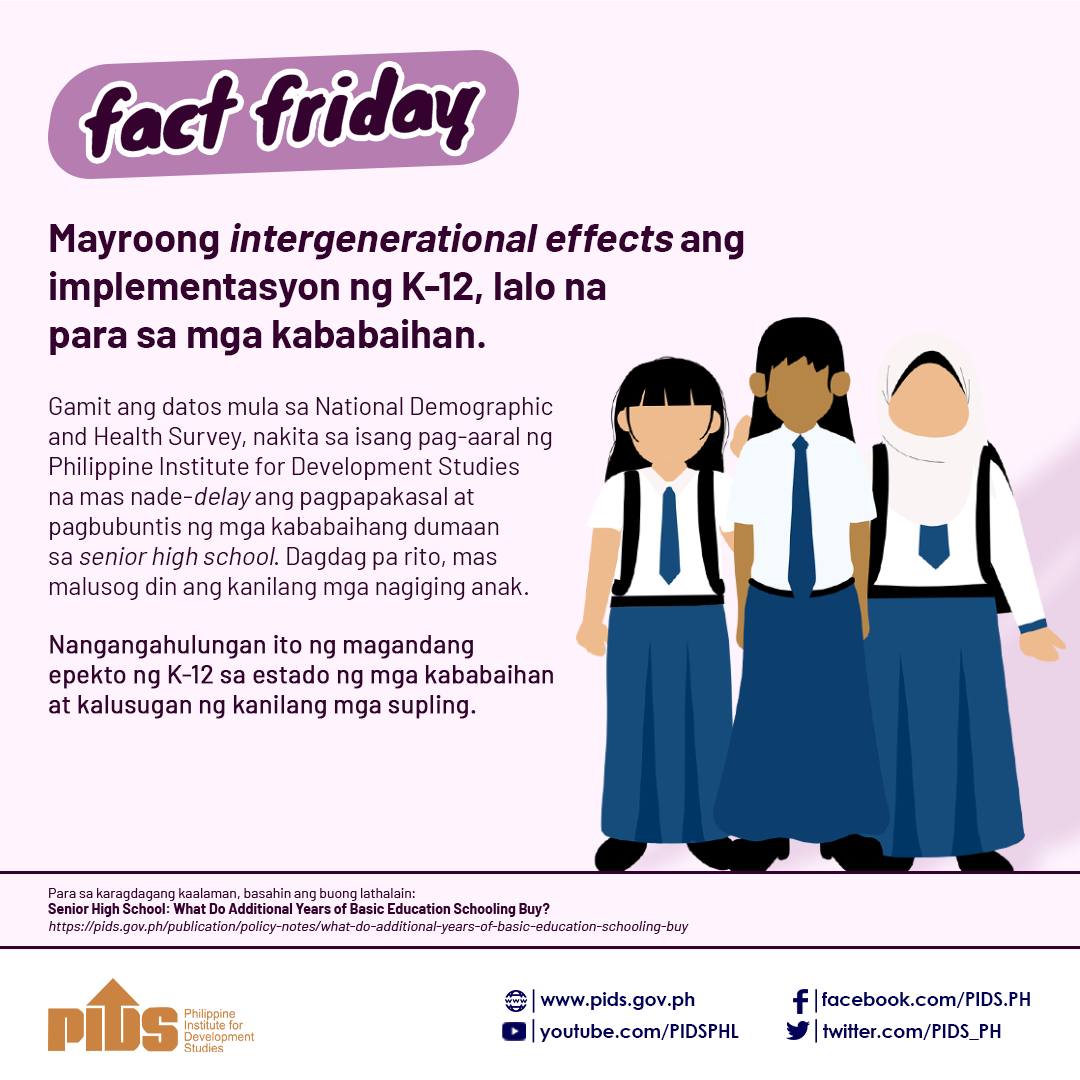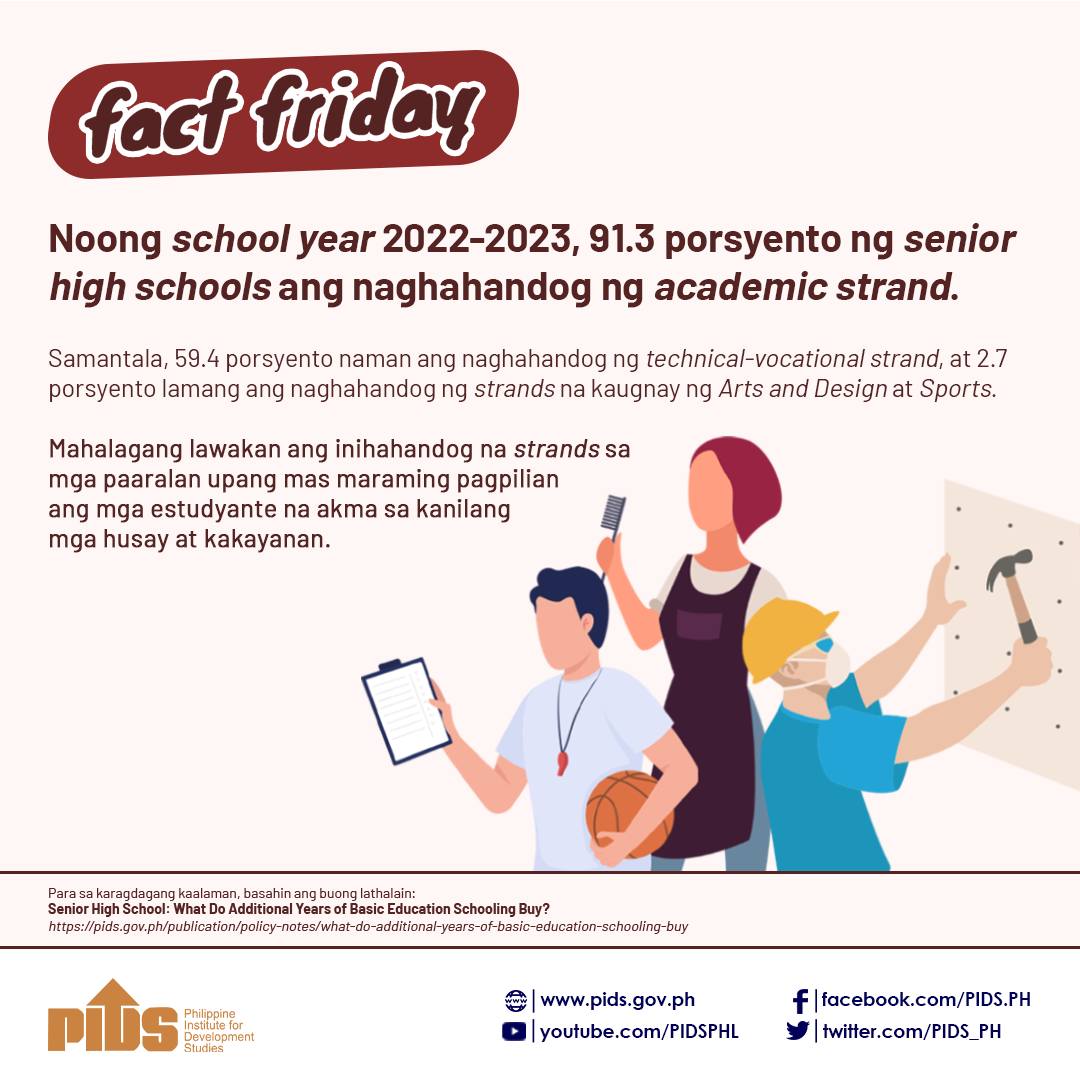By 2022, the Philippines will need over 340,000 Filipinos working in the field of data science and analytics (DSA). But according to a report by the Philippine Institute for Development Studies in 2019, only over 62,000 Filipinos were equipped to work in the emerging industry of big data.
In the age of digitization, data has become a lucrative economic resource for all businesses. Upholding industries like healthcare, transportation, tech entertainment, marketing, and other essential services, the ability to understand data and transform them into insights has become a critical business function in decision-making towards building a more sustainable future.
The many roles of data have grown so big in volume and velocity, going beyond their use as business tools. By being able to harness new knowledge by interpreting empirical data, data science has created solutions to aid social issues, such as the blindness epidemic and global warming.
Data science — through the meteoric demand for a significantly larger workforce — has revealed opportunities to form solutions that respond to problems impacting social good.
Such as: In 2020, women’s jobs across the board were found to be almost twice as vulnerable to the COVID-19 pandemic than men’s, according to McKinsey. Service jobs in retail and hospitality — where a female workforce makes up a higher percentage — were found to be the most affected sector, accounting for 64% of all job losses in the Philippines.
Enter Eskwelabs, which by its name is a school that aims to teach data literacy skills to female freelancers in order to build their careers in future-oriented jobs.
In the pandemic, after learning of the vulnerability of women’s jobs, the data-centric school decided to alter its curriculum. “[Women] were in jobs [and] in sectors where it was very much in-person [and] they just couldn’t have a way to actually work that job online,” said Eskwelabs chief executive officer Angela Chen. And observing the increasing burden of unpaid care such as childcare, cooking, and cleaning, they created a program to teach home-based moms data skills.
The genesis of Eskwelabs, which was founded in 2019, stems from wanting to help the well-being of the youth. “After doing a lot of research, we identified that young people’s biggest source of stress is economic opportunity,” shares Aurelien Chu, chief operations officer of Eskwelabs and like Chen, a 30 under 30 Forbes Asia 2021 honoree. Unearthing that insight pushed Chu and the other co-founders to try to crack the system and approach the employers themselves. Dialogue led the companies to say: “If you can teach data, we can give them jobs.”
Through their partnership with FHMoms, an online community of work-from-home moms comprising over 360,000 members, and the Australian government, Eskwelabs aims to educate over 10,000 female learners through their new mobile-based and free data literacy course within the next two years. Beyond just carrying out typical administrative tasks online, the moms will learn advanced data skills that will increase their employability and income potential.
They see skills rather than college degrees as new entry points into the job market. Through data machine learning, Eskwelabs chief technology officer Caleb Tutty analyzed thousands of job postings online to identify the top skills that employers were on the lookout for (Top three: Excel, SQL, and Python) and included these in their curriculum.
Eskwelabs also co-designed their curriculum with FHMoms to ensure they build an educational experience that does not only suit the erratic schedules of work-from-home moms, but also removes all the barriers that make online learning difficult and overwhelming for them.
“What I like the most with it is that it’s very suitable for a working mom like me,” said Vee Raquinio, FHMoms member. In between juggling her freelance work and household tasks, Raquinio shares her appreciation for Eskwelabs’ recognition of their challenging day-to-day lifestyles. “[Eskwelabs] understands that we, their participants, will have other priorities, but also [make] sure that they hold us accountable for their given assignments. They were able to create that right balance of multitasking for working moms like me.”
A challenge they identified among their learners is their unfavorable impression of data. ”I think for a lot of people, the concept and idea of learning data skills can be very scary,” says Chu. He shares that most learners associate data skills with complicated math, numbers, and computations. “Being an online freelancer, data is important when it comes to predicting reports and analysis throughout the course of the business, whether it’s a physical business or an online business,” says Raquinio. “I tried to start previously doing my own self-study, however it [was] not enough and I grew tired of it and had to focus more on trivial things.”
But Chu believes that the solution lies in the method of delivery. “Math, much like English, is a new language that you’re learning to speak and what we’re trying to do with this [course] is [introduce] conversational data,” he said. “Just like how watching an English movie is a more exciting way to learn the language than by studying grammar rules, data is very much the same way, we just need to teach it in a way that people can see how applicable it is to their own lives.”
Since she has finished the program, Raquinio has been able to gain more clients and help them using her new data science skills. “I was able to revive one [of] my client’s business that was about to close through data analysis [and] provide her [with] guidance on how to make her business better,” she shared. With her new data-centric outlook and approach to her work, she was able to start a new job as an operations associate for a Sydney-based software company.
Another FHMoms member, Gina Tan, credits the data learning course for her new career as a marketing officer at a rice retail business. “[To be] successful, you have to know what you’re doing,” she said. “Taking the course was very beneficial to me [because] I was able to really put into practice what I’ve learned.”
To scale the high-value digital work opportunities offered their graduate learners, the Australian government is providing Eskwelabs with funding and access to their Business Partnerships Platform.
In order to reach their goal of 10,000 home-based moms with a new set of data skills, Eskwelabs employs technology coupled with community building. Another driving force of their data literacy program is having learners who have completed the course come back and help the new incoming batch. And by also incorporating a platform that allows students to ask and answer each other’s questions, these work-from-home moms are able to go on a journey together, with no learner left behind.
“We design our educational experiences with care, empathy, service standard, and human-centered design,” says Chu. Offering the course for free allows Eskwelabs to open up a wider funnel for women to get excited about data and the ways it can help them earn a living. “It’s a virtuous cycle. Some of them choose to become data analysts and data scientists and those women will then help bring other women along the way in the future.”

